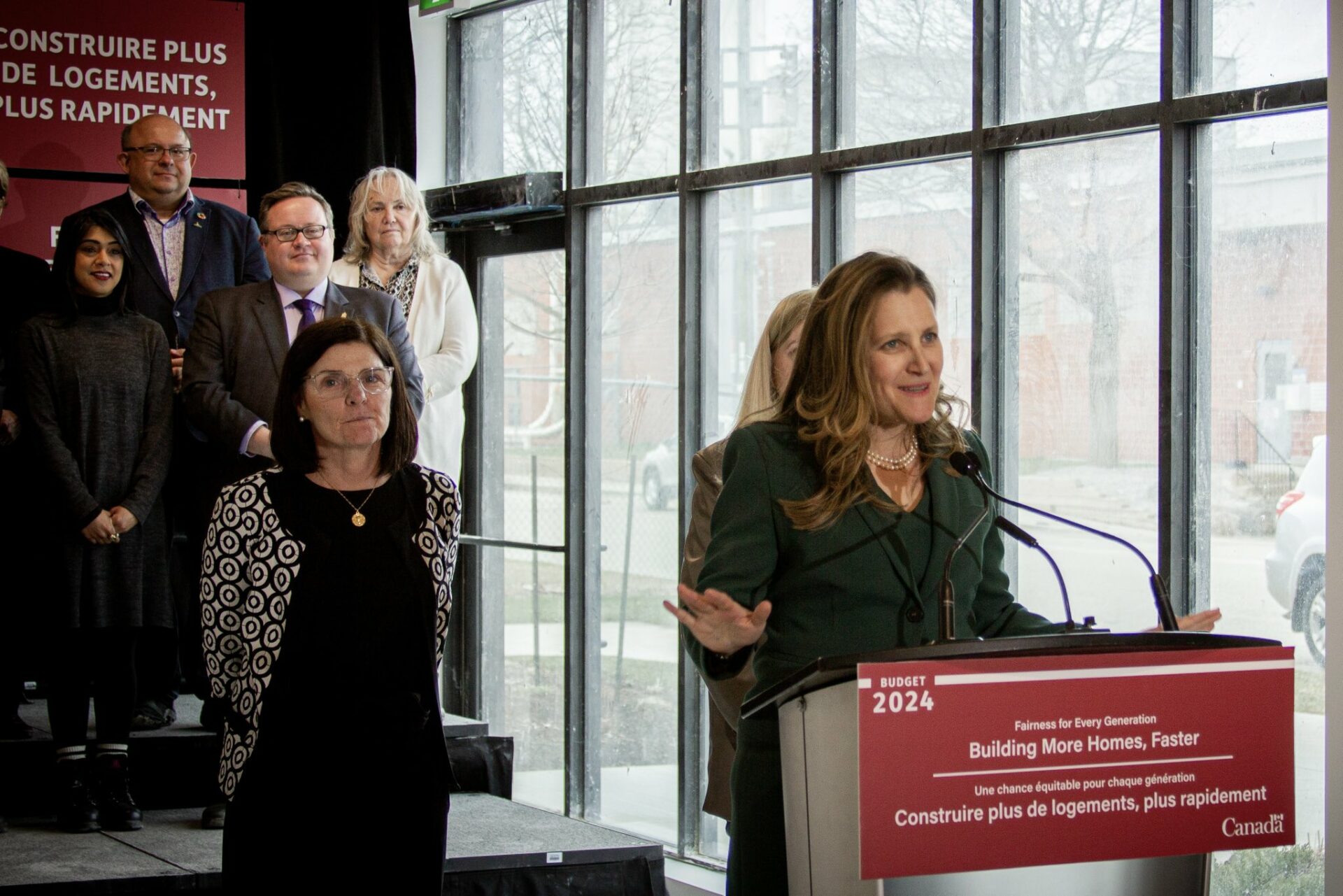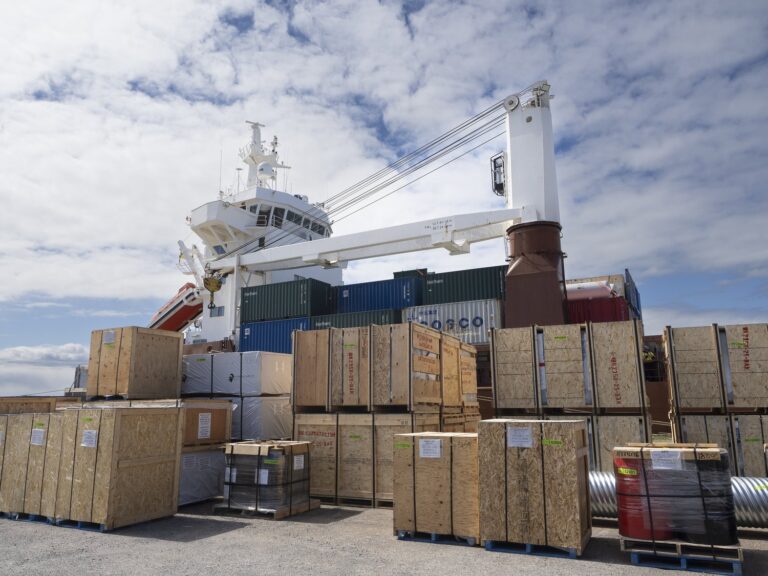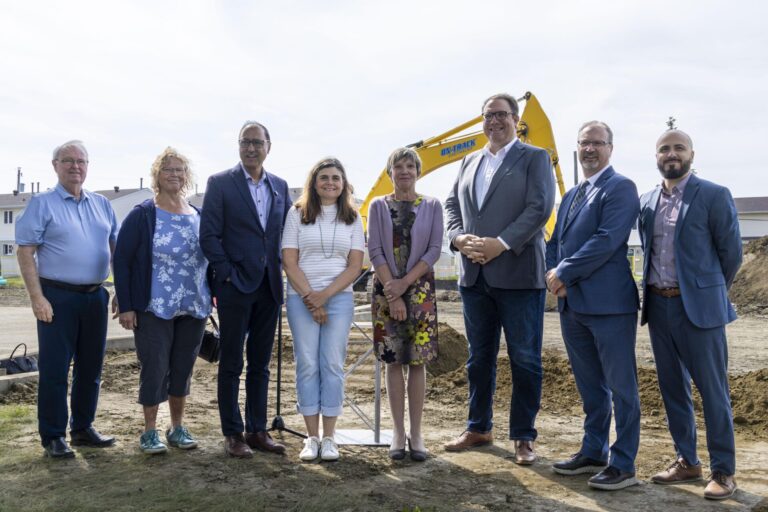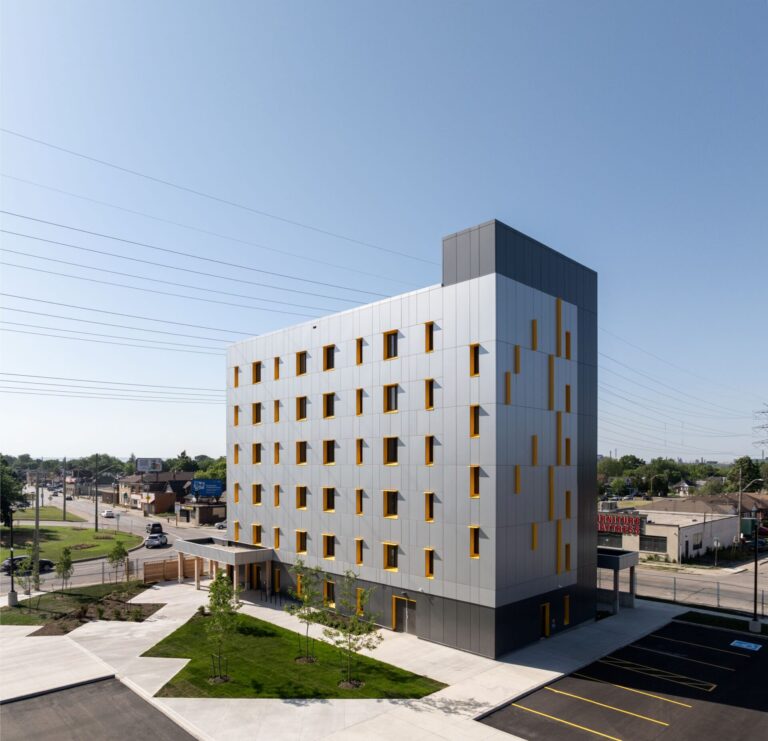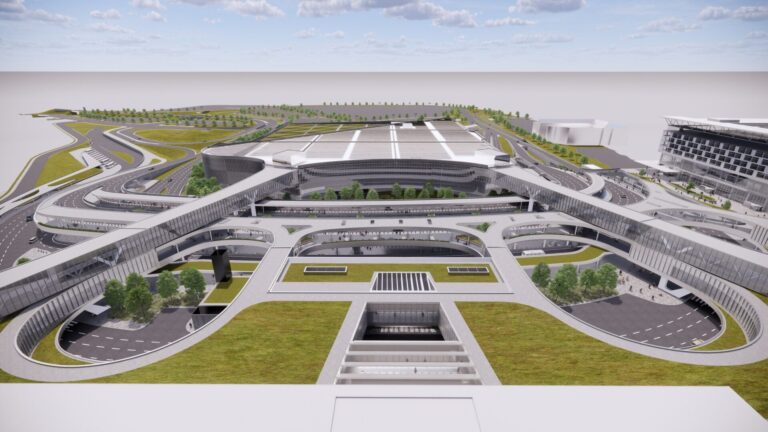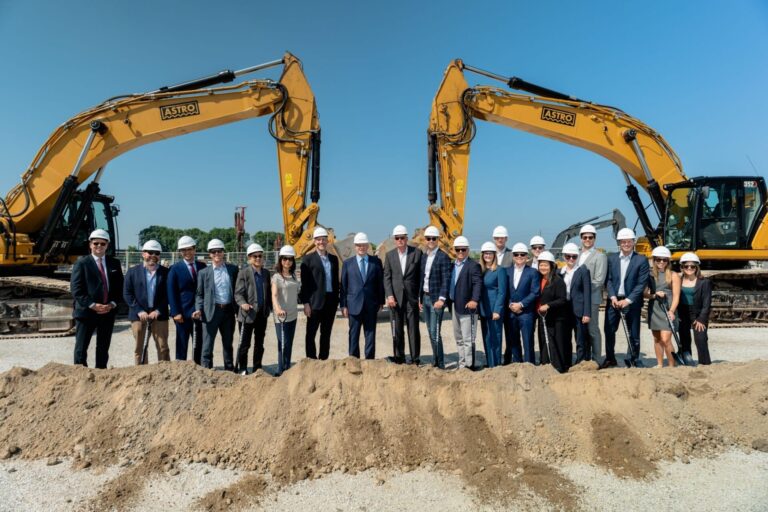The Government of Canada has announced the new $6 billion Canada Housing Infrastructure Fund to help support the cost of building infrastructure that supports new residential density and population growth.
Prime Minister, Justin Trudeau announced the measures from the upcoming Budget 2024 which will go towards critical utilities infrastructure projects such as water supplies, sewerage pipes and treatment, stormwater catchment pipes, and solid waste infrastructure.
“We need more affordable homes, and we need the infrastructure to help build these homes. That’s why in Budget 2024, we’re building more infrastructure, building more homes, and helping more Canadians find a place to call their own. This is about fairness ‒ making sure communities have the safe, quality housing they need to get ahead,” said Prime Minister Justin Trudeau.
These measures include:
Topping-up the Housing Accelerator Fund with an additional $400 million, so more municipalities can cut red tape, fast-track home construction, and invest in affordable housing. Since launching the now $4.4 billion Housing Accelerator Fund last year, the federal government has signed 179 agreements across the country to fast-track more than 750,000 homes over the next decade. Today’s $400 million top-up will fast-track an additional 12,000 new homes in the next three years.
Launching a new $6 billion Canada Housing Infrastructure Fund to accelerate the construction and upgrading of critical housing infrastructure. This includes water, wastewater, stormwater, and solid waste infrastructure to support the construction of more homes. This fund will include:
- $1 billion available for municipalities to support urgent infrastructure needs that will directly create more housing.
- $5 billion for agreements with provinces and territories to support long-term priorities. Provinces and territories can only access this funding if they commit to key actions that increase housing supply:
- Require municipalities to broadly adopt four units as-of-right and allow more “missing middle” homes, including duplexes, triplexes, townhouses, and other multi-unit apartments.
- Implement a three-year freeze on increasing development charges from April 2, 2024, levels for municipalities with a population greater than 300,000.
- Adopt forthcoming changes to the National Building Code to support more accessible, affordable, and climate-friendly housing options.
- Require as-of-right construction for the government’s upcoming Housing Design Catalogue.
- Implement measures from the Home Buyers’ Bill of Rights and Renters’ Bill of Rights.
“Since we launched the Housing Accelerator Fund last year, we have cut enough red tape to build 750,000 new homes over the next decade. It is working, so we are investing another $400 million to build even more homes, faster in more communities across the country. Alongside these essential zoning reforms, we are helping communities build the infrastructure needed to build more homes, by investing $6 billion through our new Canada Housing Infrastructure Fund. We are putting homeownership back within reach for every generation, and especially for Millennials and Gen Z,” said Chrystia Freeland, Deputy Prime Minister and Minister of Finance.
Provinces will have until January 1, 2025, to secure an agreement, and territories will have until April 1, 2025. If a province or territory does not secure an agreement by their respective deadline, their funding allocation will be transferred to the municipal stream. The federal government will work with territorial governments to ensure the actions in their agreements are suitable to their distinct needs.
Announcing that, to access long-term, predictable funding for public transit through the federal government’s forthcoming public transit fund, municipalities will be required to take action that will directly unlock housing supply. This includes measures to:
- Eliminate all mandatory minimum parking requirements within 800 metres of a high-frequency transit line.
- Allow high-density housing within 800 metres of a high-frequency transit line.
- Allow high-density housing within 800 metres of post-secondary institutions.
Complete a Housing Needs Assessment for all communities with a population greater than 30,000.
The Federation of Canadian Municipalities (FCM) welcomed the announcement.
“Today’s announcement represents a vital stepping stone towards supporting the ambitious number of new homes Canada needs to build over the next decade,” said FCM president Scott Pearce.
“It also represents clear recognition from the federal government that investing in infrastructure must be part of a plan for growth. There is no doubt Canada’s housing challenge is also an infrastructure challenge. To build the 5.8 million housing units that CMHC says we need by 2030, existing infrastructure must be renewed, and new infrastructure needs to be built.”
The Association of Consulting Engineering Companies – Canada (ACEC) said it was encouraged by the announcement to help address the housing crisis by building complete communities.
“Supportive infrastructure, including water and wastewater systems, electrical grids, and roadways and transit systems, is what turns houses into homes,” said John Gamble, president and CEO of ACEC. “The Canada Housing Infrastructure Fund will help support municipalities take full advantage of the federal government’s housing-focused funding – such as the Housing Accelerator Fund – to build strong communities.”
Featured image: Chrystia Freeland, Deputy Prime Minister and Minister of Finance, April 2, 2024. (Government of Canada)

